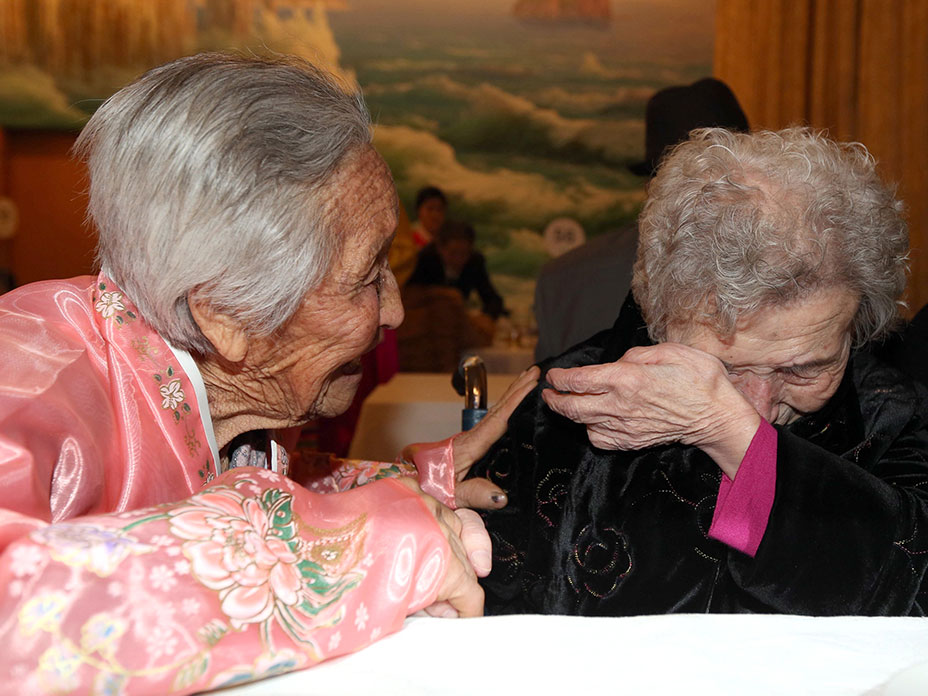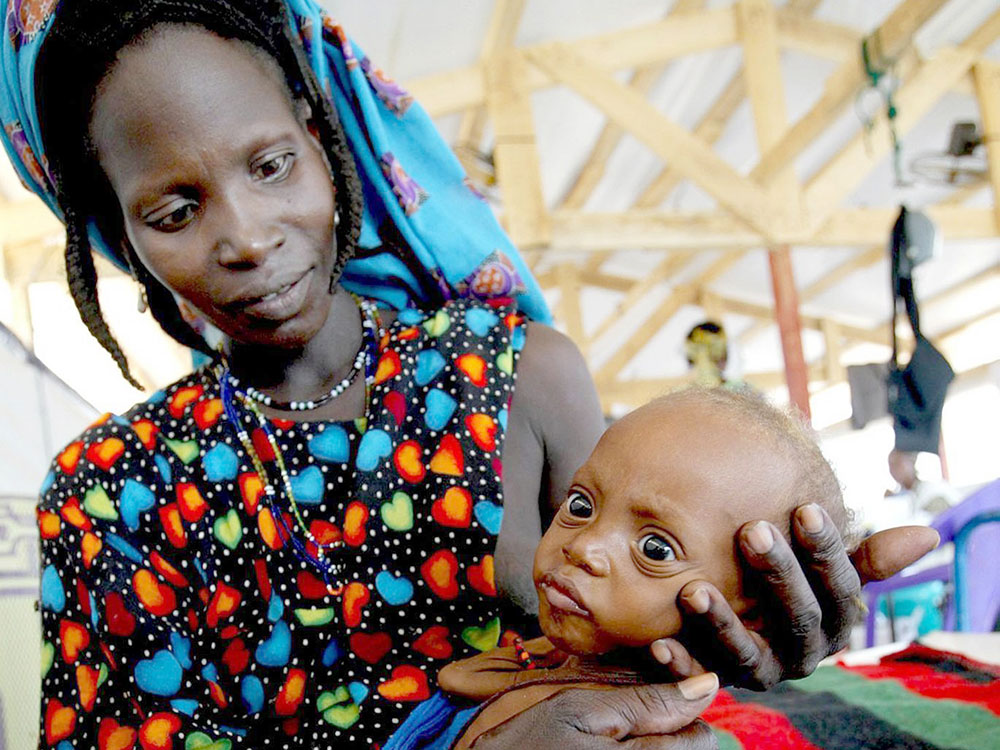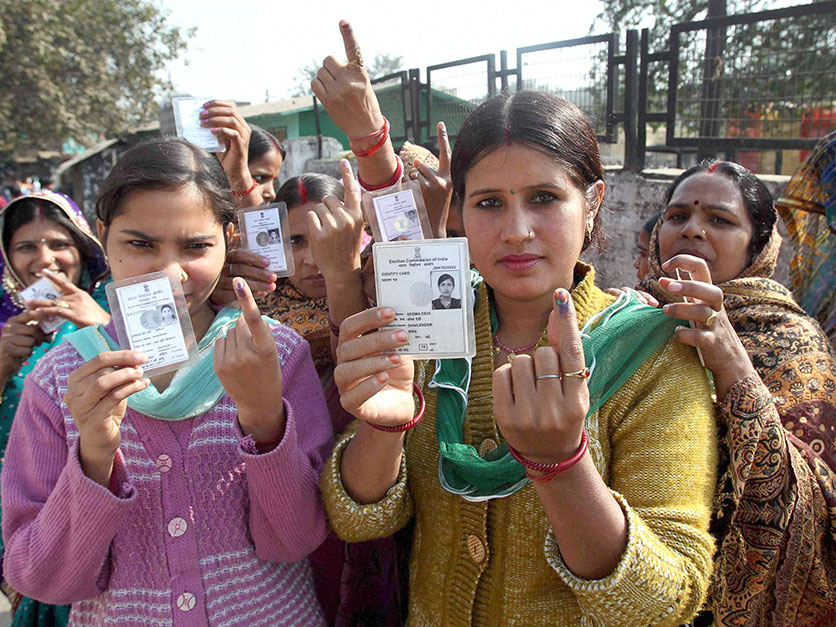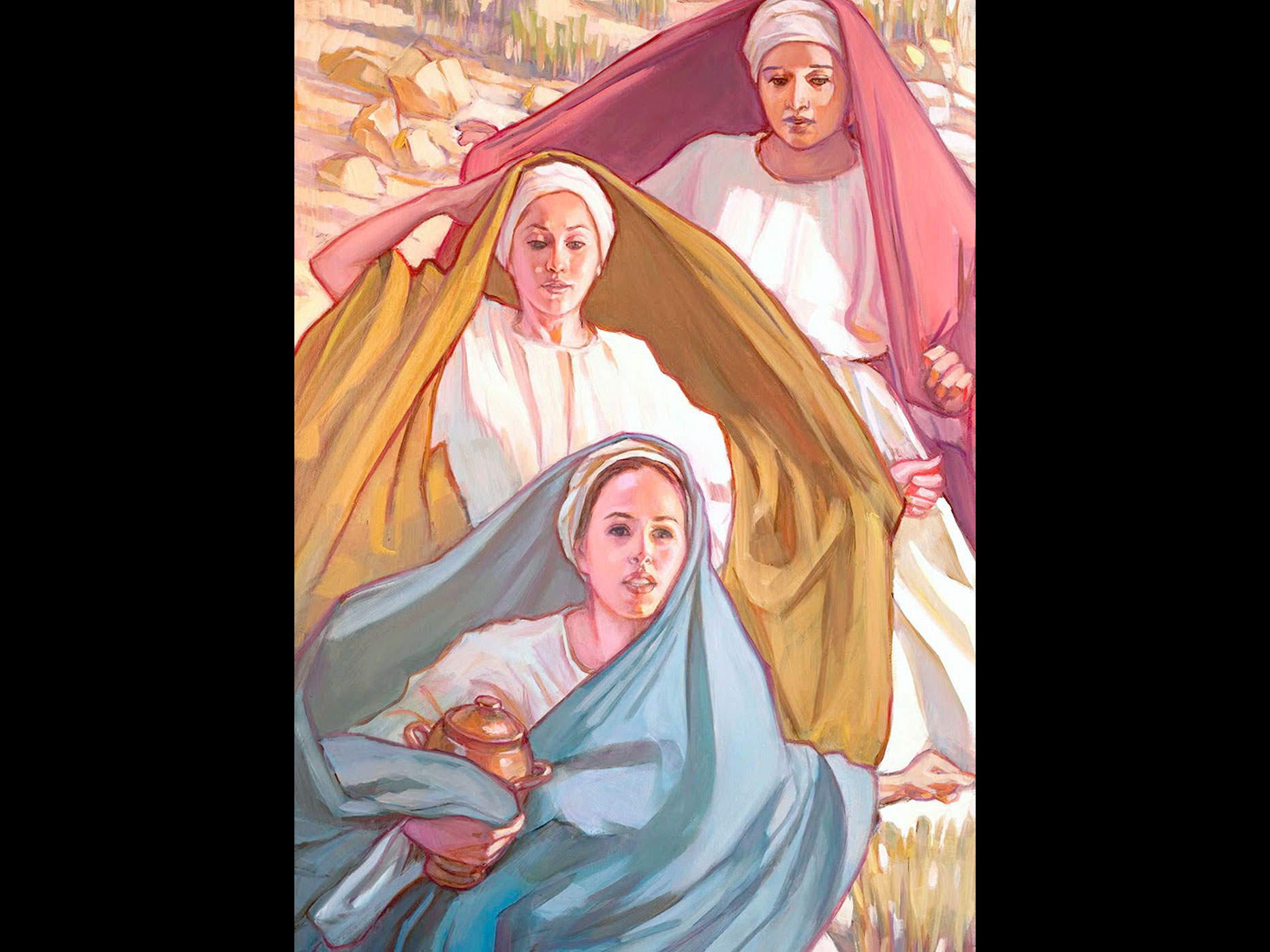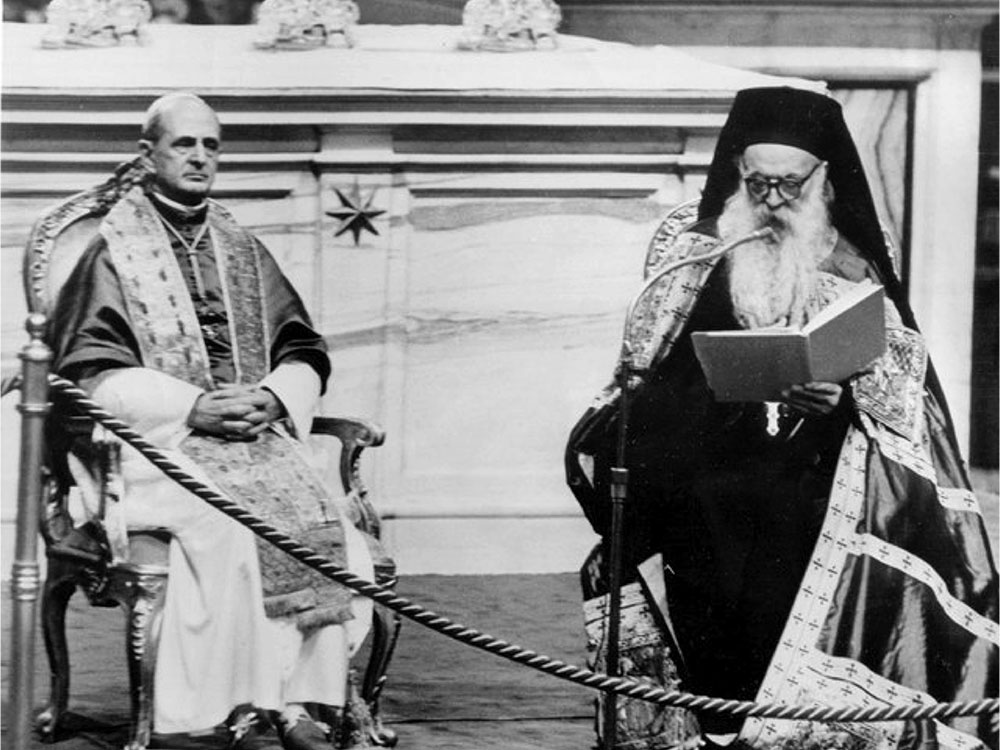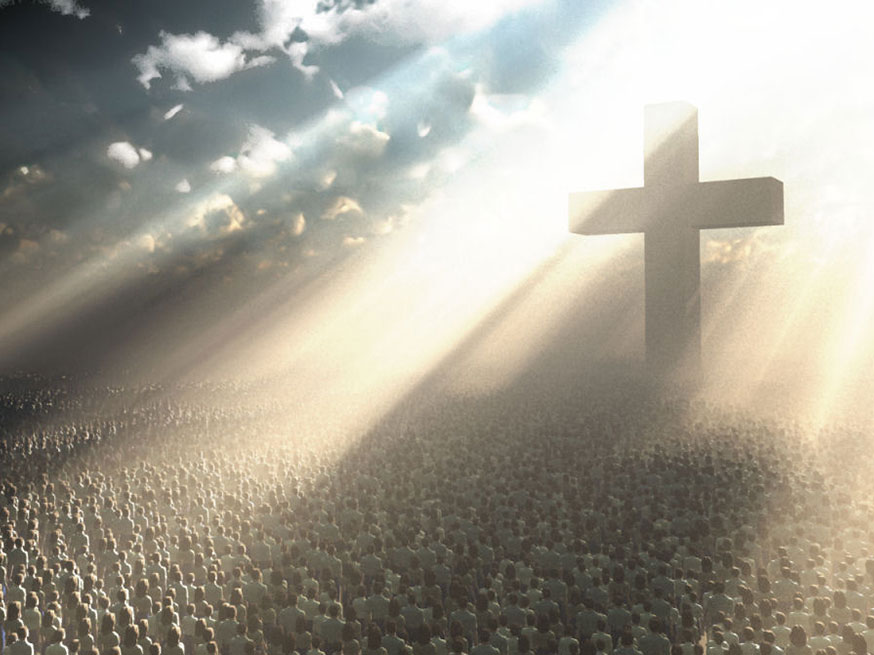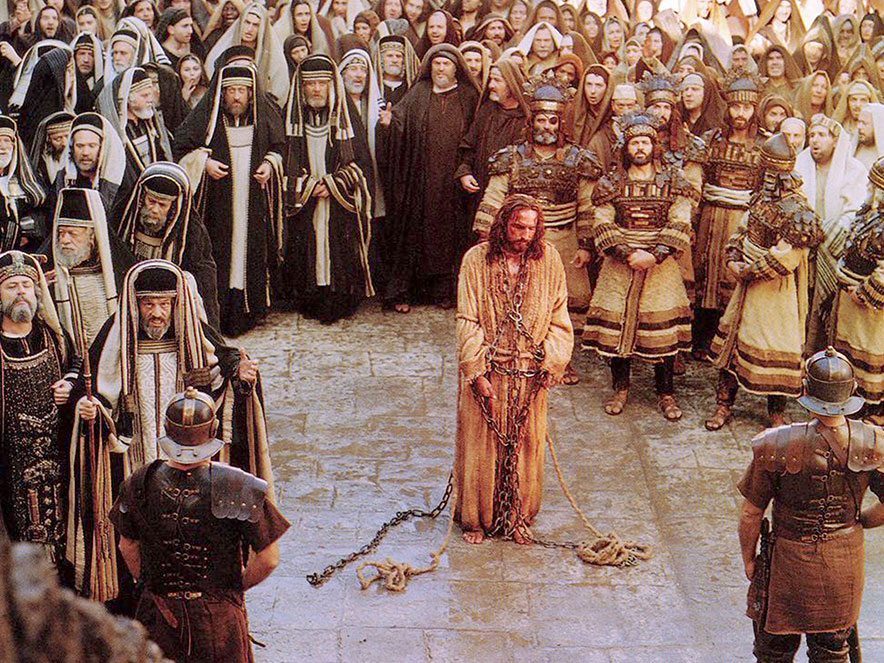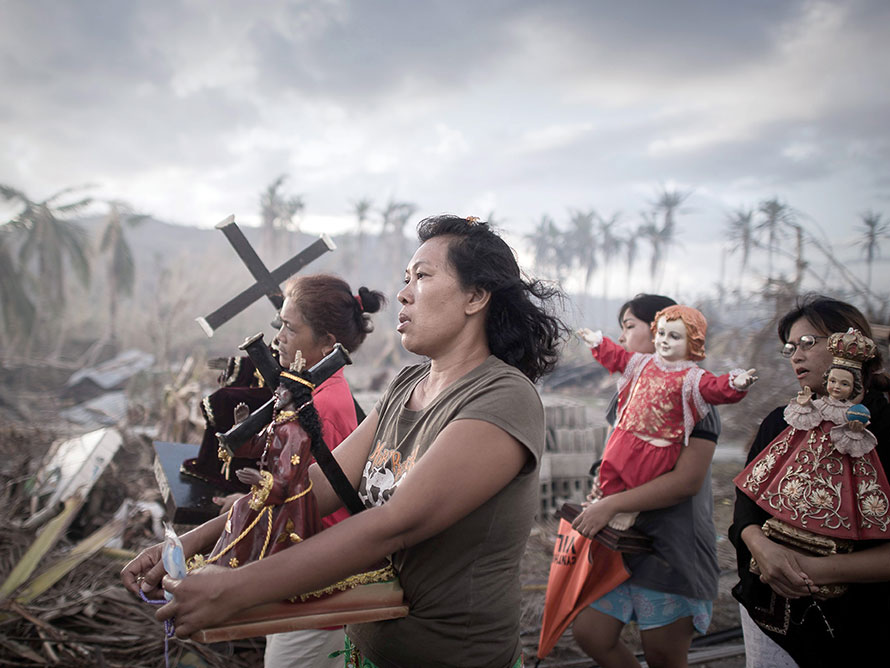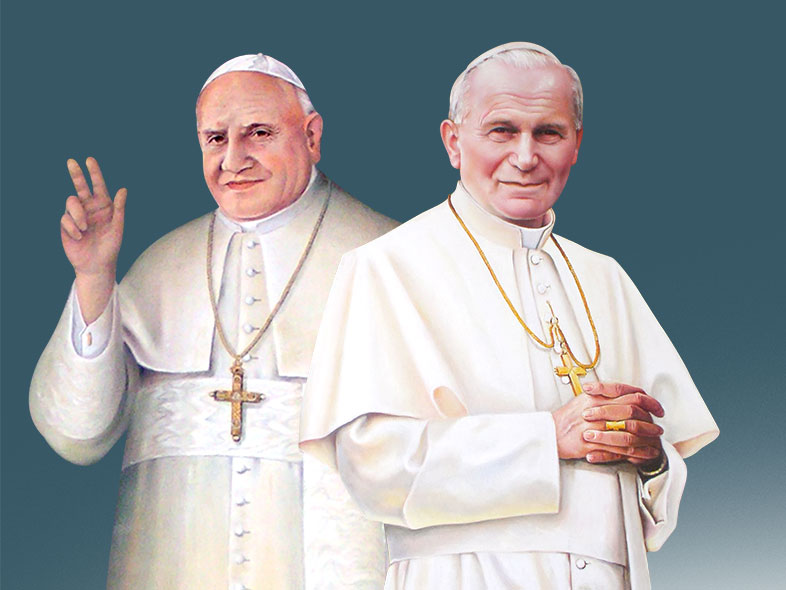In the beginning, the Apostles were addressing Jews and proselytes of Jerusalem. Later, some Hellenists (emigrant Jews) who had converted to Christianity, brought the Gospel to Judea and Samaria. Very soon, the persecution makes them “spread out” to Phoenicia, Cyprus and Antioch. But they always announce the Gospel to people of the same religious background or empathizers. At last, some Christian Hellenists arrive at Antioch. from Cyprus and Cyrene, and address directly the pagans. Here, for the first time, the followers of Jesus receive the name “Christians.” It is a historical turning point which marks the birth of Christianity in the Registry Office. The disciples of Jesus become and are called “Christians,” because they are similar to Jesus who opened heaven’s door to all. Because of them, the Jewish Jesus becomes indeed the Christ of all, “Light of the pagans” (Luke 2:32) and “Savior of the world” (John 4:42).
We are around the year 37. If the spreading of Christianity was quick, slow in coming was the change that brought Christianity to propose itself to all in respect of everybody’s diversity. This will happen, with many resistances, around the year 48 in the “Council” of Jerusalem. In reality, we deal with a continuous journey. When it stops, the Church becomes a sect which betrays its founder. Whoever excludes one single person, excludes the Son of man. He despises God who is already “all in all” and only waits for whoever recognizes Him. We become Christians when we see Him and love Him in every person.
The Father’s project is that every people may be able to say of Zion: “All my springs are in you” (Psalm 87:7). We all are “one” in Christ: “There is neither Jew nor Greek, there is neither slave nor free, there is neither male nor female; for you are all one in Christ Jesus” (Galatians 3:28). Christianity is not a religion with its proper culture, laws or rites. It is “to know and believe the love God has for us” (1 John 4:16) so that we may love in the way we are loved. For “love is the fulfillment of the law” (Romans 13:8-10).
In our globalized world, the book De pace fidei by Nicolas Cusano becomes of present-day relevance. All religions must come to an understanding, respecting their diversity. In no case can one kill in god’s name. This god is a diabolic idol. What we do to human beings we do to God. For there is only “one God and Father of all, who is above all and acts through all and is present in all” (Ephesians 4:6) and gives everyone different gifts (Ephesians 4:7). We all have gifts and limitations. Instead of making them means of aggression or defense, may they become places of mutual give and take. We are God’s children if we become brothers and sisters to all (1 Corinthians 12:1-13; 13). We make up a single body with only one Spirit (Ephesians 4:1ff) when we accept the other person as a brother/sister; we should even accept them as our God and Lord since Jesus said: “It is to me that you do it.”
Whatever brings division, even if it appears to be just, doesn’t come from God, but from Satan. Enough with the religion which offends people in order to defend god! What kind of god is that who needs to be defended? True religion is to welcome everybody in the name of the Father of all. This is what the Son taught us. And, because of this, He was killed and is still killed in the name of that God whom everybody, whether Christian or not, wants to defend as his/her private possession.
Luke is well informed about the spreading of the kind of Christianity which was in Antioch: he has carefully expounded how the obstacles were overcome in order to take God’s promise to every person. He has given us an account of the way, which has become for us a law, of how to inculturate the faith in history. It is all too easy, because of a fanatic zeal, to hinder the race of the Gospel and to “block” God’s action.
We are all children of Abraham. We are such even without that difference, circumcision, which is the sign of the covenant. The love of the Father and the brethren is the true circumcision of the heart. This allows us to make communion, not in homogeneity, eating the others up, but in heterogeneity, welcoming those who are different from us. © Popoli – www.popoli.info




